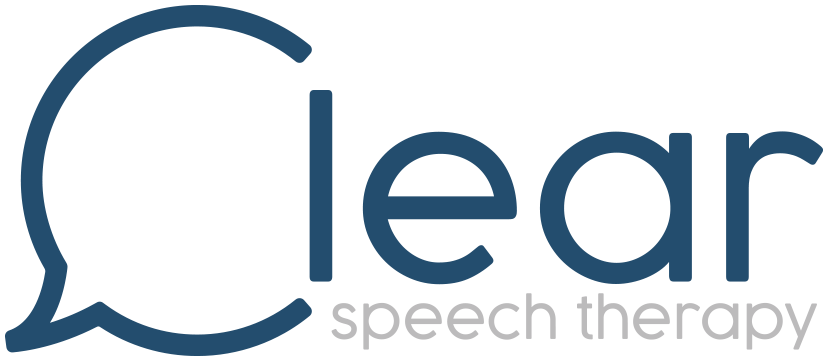Speech Therapy Help & Guidance
Glossary
- SLCN: Speech, Language & Communication Needs
- Attention and listening: ability to listen and concentrate on information, acting as the foundation on which communication and learning are built
- Auditory memory: your ability to remember what you have heard, keeping it in the correct order, ready to process that information
- Receptive language: understanding of the words used around you
- Expressive language: how you use language to convey your needs and thoughts
- Semantics: related to receptive and expressive skills, semantics is your vocabulary and knowledge of how words are linked by meaning
- Grammar: related to receptive and expressive skills, grammar is the rules we use to show meaning in our sentences
- Syntax: related to receptive and expressive language, syntax is the order of our words in phrases and sentences
- Discourse: related to receptive and expressive language, discourse is how we are able to understand and use language overall to describe, narrate and retell information in a concise and sequenced manner
- Pragmatics: how we use language and interact with those around us
- Speech: sounds made by the mouth to make words and to convey meaning
- Phonology: skills linked to discriminating, contrasting, storing and production of speech sounds
- Dyspraxia: difficulties coordinating the movements needed in speech
- Dysarthria: difficulties linked to muscle weakness
- Articulation: the formation of speech sounds in the mouth
- Orofacial anatomy: speech production when linked to the structure of the mouth
- DLD: Developmental Language Disorder, previously references as Specific Language Impairment
- Delay: following typical patterns of development, but at a slower rate than expected
- Disorder: following atypical patterns of development
